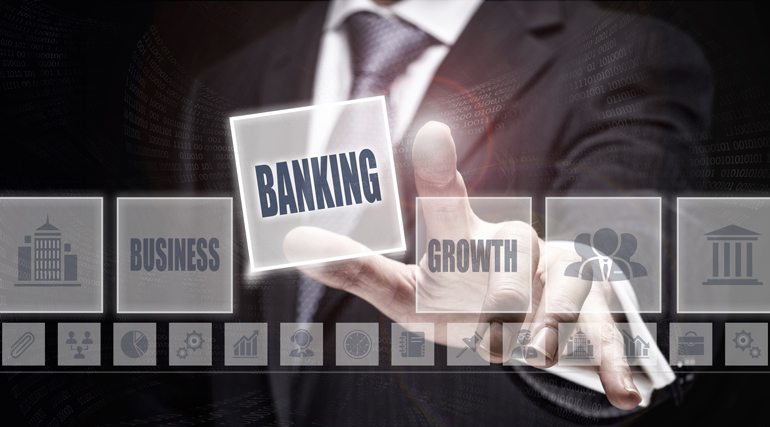Of all the automation solutions that have started to circulate throughout the public and private sectors, as well as the economy at large, few compare to the importance of e-invoicing. Although content management, reporting analytics and workflow automation are all becoming more critical, more commerce is beginning to take place through the World Wide Web, meaning that firms need to have a vehicle through which accounts payable and receivable can be streamlined.
Certain nations, including several in South America, have started to take the initiative to get e-invoicing into a more prominent role in commercial transactions, while government agencies in the United States are also demanding that contractors and others begin to use these solutions to manage payments. However, studies continue to indicate that e-invoicing adoption is still nowhere near the 50 percent mark, meaning a majority of companies are still relying upon antiquated paper forms to manage accounts payable and receivable.
Considering the fact that virtually every process is beginning to have at least some foundation in digital environments, the time is now to begin recognizing the merits of having an e-invoicing platform in place ahead of competitors. From more efficient and accurate accounting to speedier, more affordable ebb and flow of invoice distribution to eventual payment processing, the value of these technologies is only rising amid the increasing prevalence of global competition.
A look inside
Supply Management Magazine recently published a blog post written by Guy Cabeke, who worked to illustrate some of the reasons why e-invoicing adoption should begin to rise in the coming years. He began the piece by explaining that only about 5 percent of the 150 billion invoices between businesses were processed using digital technologies in 2012, and that this number has not truly started to raise in the years since.
It is worth noting that many companies will not adopt these solutions because of misguided fears and a general lack of understanding with respect to how the technologies work and their integrity. According to the author, decision-makers should remember that these solutions are not only secure and streamlined, they also come with the potential to reduce expenditures on invoicing and relevant processes by 60 to 80 percent, which can translate to significant sums for certain businesses.
What's more, Cabeke stated that while savings for accounts receivable range from 40 to 60 percent, companies can expect as much as 90 percent fewer expenditures on the accounts payable end. Now, cost savings might not be enough to sell a business on e-invoicing solutions, especially when the company does not currently rely upon a heavy rate of billing processes to get its finances in order.
Rather, the author affirmed that the shift toward automation can also improve cash flow, drive the efficiency and accuracy of compliance activities, streamline processing and build up more exceptional operations. Many times, this will begin with making the switch to an automated e-invoicing platform.
Competitive advantages
Again, financial savings are far from the only benefits experienced by firms that adopt e-invoicing solutions, as one of the more significant improvements will be the management of professional relationships. As companies and consumers become more reliant upon digital technologies to conduct a wealth of transactions, touching upon these preferences by offering an option to receive and pay invoices in an automated, Web-based solution will likely give the brand a slightly stronger stature.
At the end of the day, companies that balk at these investments might find themselves at a competitive disadvantage before long, as a higher rate of transactions is expected to take place through automated, digital platforms within the next few years.






